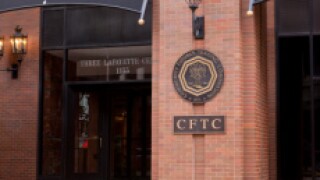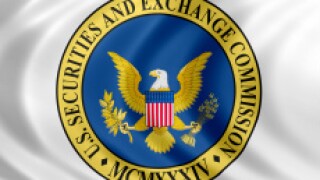Top Section/Ad
Top Section/Ad
Most recent
The Americas derivatives community came together in New York to recognise and celebrate outstanding achievements across the industry
The derivatives market gathered in London on Thursday night to celebrate its leading players
Internal restrictions mean SSAs issue fewer CMS-linked notes
JP Morgan and Dutch pension fund PGGM transacted derivatives margin trade
More articles/Ad
More articles/Ad
More articles
-
After more than three years of negotiations, European Union ambassadors are aiming to approve, at a technical level, a CCP resolution deal on Wednesday, opening the way for final negotiations with the European Parliament.
-
The Basel Committee on Banking Supervision (BCBS) has published a consultation on revisions to the credit valuation adjustment (CVA) risk framework.
-
Trading in Bakkt bitcoin futures reached a new record high this week, pointing to firming institutional demand for the physically-settled contracts.
-
The US Commodity Futures Trading Commission has fined Goldman Sachs $1m over failures related to record keeping for swap dealers.
-
LCH's SwapClear has cleared $1tr of swaps referencing the Secured Overnight Financing Rate (Sofr) so far this year.
-
The US Securities and Exchange Commission on Monday announced that it will overhaul regulation governing derivatives used by investment firms and business development companies.











